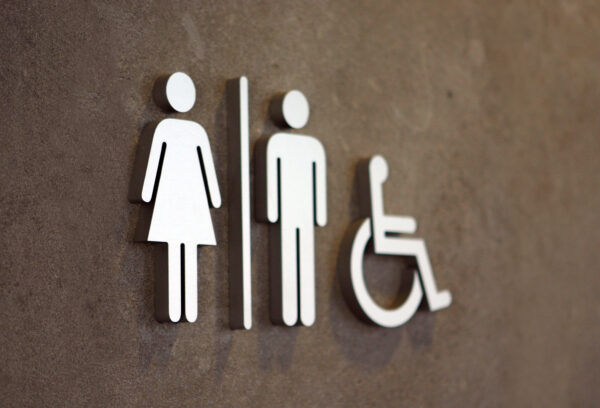

If a serious incident takes place inside your school, it is vital to report it to the Charity Commission. The responsibility for reporting a serious incident sits with the trustees of your school.
The trustees who will be held responsible if a report is not made, or is not made in a timely manner, and it is for them to decide whether an incident is significant and should be reported. An incident needs to be reported to the Charity Commission if it either results in, or if it simply risks, significant:
- Harm to people who come into contact with the school through its work
- Loss of the school’s money or assets
- Damage to the school’s property
- Harm to the school’s work or reputation
It can be challenging for trustees to qualify ‘significant’ harm. The types of incident which are reportable can be broadly categorised as follows:
- Incidents that have resulted in or risk significant harm to beneficiaries and other people who come into contact with the school through its work
- Financial crimes such as fraud, theft, cyber-crime and money laundering
- Large donations from an unknown or unverifiable source, or suspicious financial activity using the school’s funds, or other significant financial loss
- Links to terrorism or extremism, including banned organisations, individuals subject to an asset freeze, or kidnapping of staff
- Incidents such as insolvency, forced withdrawal of banking services without an alternative, significant data breaches and/or losses, or incidents that materially affect the school.
It is also important to keep in mind that, in some instances, an incident will need to not only be reported to the Charity Commission, but also to the relevant authority such as the police. For example, incidents involving theft will need to be reported to the police and to the Charity Commission, and incidents involving safeguarding should be reported to the Charity Commission, the police, and to the local authority.
However, actual or alleged criminal activity will not in every case automatically trigger the obligation to make a serious incident report to the Charity Commission. It is important for trustees to keep in mind that ‘significant’ incidents are reportable to the Charity Commission, and therefore incidents where the impact on the school are minor, for example, a one-off theft of a very small amount of money, may not be reportable.
What to do when there is a serious incident
If something does go wrong, you should take immediate action to prevent or minimise the risk of any further harm or loss and make a serious incident report to the Charity Commission via its online form. In some situations, a serious incident may involve more than one trust. If this is the case, the incident should be separately reported by each of those trusts.
The serious incident report will require the basic details of the incident itself. These include the date of the incident and the date the school found out about the it, what happened, how the school found out about it, the impact on the school’s beneficiaries, finances, staff, operations or reputation, together with whether trustees are aware of the incident.
As well as the key details in respect of the incident, the school will be expected to report how it is handling the incident. This will include whether the relevant policies or procedures were followed, the steps taken to deal with the incident and to prevent similar incidents and, where necessary, the school’s media handling or press lines, including a link to a press release if available.
The serious incident report should be updated if circumstances change, such as if individuals who were alleged to be responsible for wrongdoing are exonerated or the allegation was found to be false.
Steps taken by the Charity Commission
On receipt of a serious incident report, the Charity Commission will assess the nature and level of any risks and consider how the school is managing the incident. The Charity Commission may need to verify certain details or seek clarification or contact agencies where necessary to ascertain certain information.
Once the Charity Commission has completed this assessment it will provide its outcome, or it may first get in touch with you if it considers your school needs regulatory advice and guidance, requires future updates, for example on the outcome of an investigation, or needs to monitor the school’s progress in dealing with the incident.
The Chairty Commission may also choose to use its legal powers to protect the school or people who come into contact with the school.
Internal steps
As well as making a serious incident report – and reporting to the police and any other relevant agencies where necessary – the school may need to take steps internally. The senior leadership team should work with the trustees to develop an action plan, which will include communication plans to staff, parents and other stakeholders where necessary.
It is also important to ensure that lessons are learnt, and it is therefore key to review the incident, how it happened, and how it can be prevented from being repeated.
As part of this, school policies and procedures, such as safeguarding procedures, may need to be reviewed and updated. It may also be helpful to conduct an external review of governance to identify any areas of weakness or exposure.










